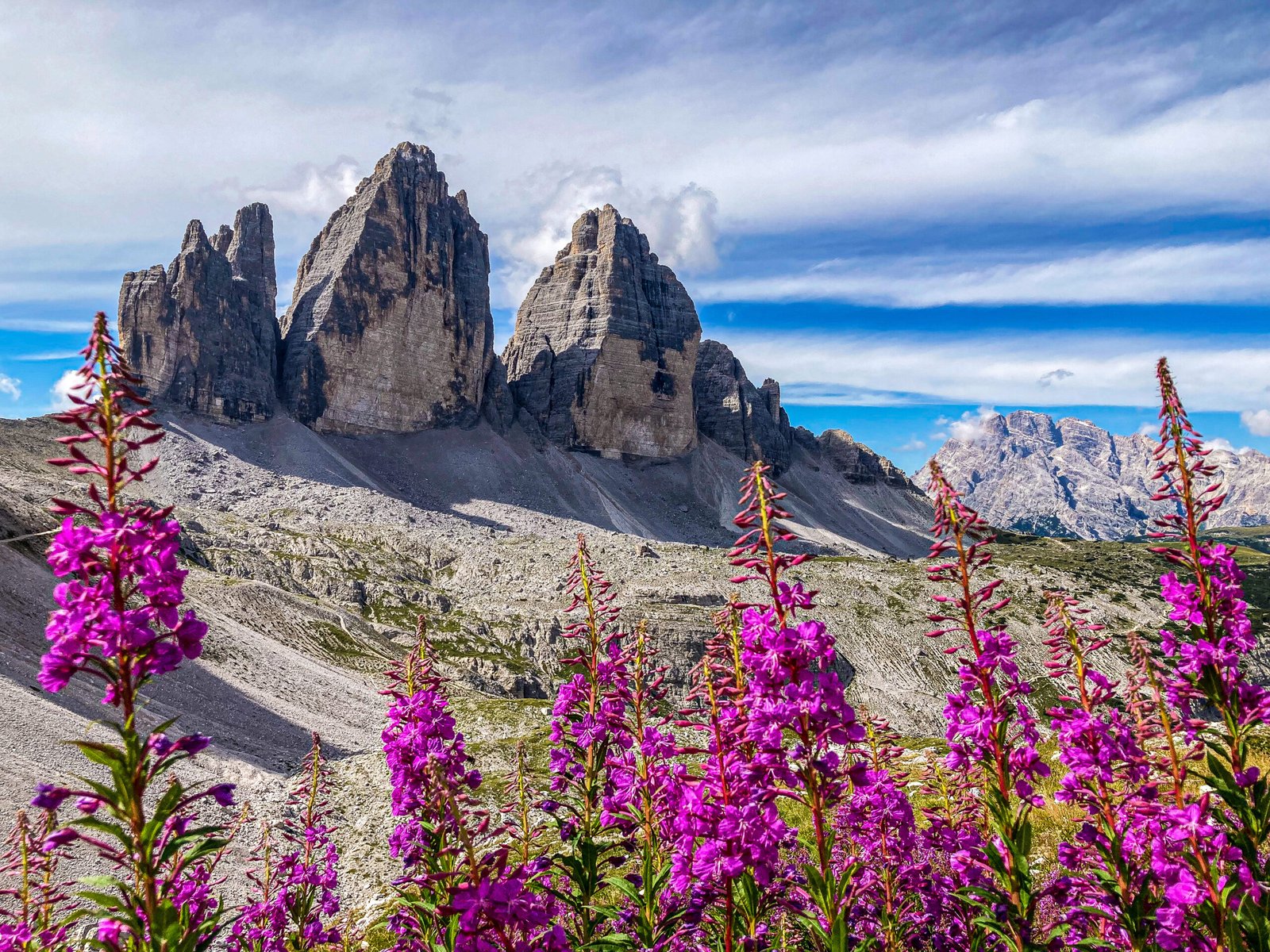
Alakanuk, Alaska
Alakanuk, Alaska is a small city that offers a unique glimpse into the beauty and simplicity of life in Alaska. Situated in the southwestern part of the state, Alakanuk is just one of the many cities in Alaska that captivate with their scenic landscapes and rich cultural heritage. With its picturesque views, friendly locals, and a remarkable sense of community, Alakanuk promises an unforgettable experience for those seeking an authentic Alaskan adventure. So, let’s take a closer look at this hidden gem tucked away in the Last Frontier.
Geography
Location
Alakanuk is a small city located in the Yukon-Kuskokwim Delta region of western Alaska. Situated on the western coast of the Y-K Delta, the city is positioned at the mouth of the Alakanuk River, which empties into the Bering Sea. It is approximately 8 miles west of Emmonak and 17 miles northeast of Kotlik. Alakanuk is a remote community, accessible only by boat or plane, and is nestled in a stunning natural environment that offers breathtaking views of the Bering Sea and surrounding wilderness.
Climate
The city of Alakanuk experiences an Arctic climate characterized by long, cold winters and mild summers. The average temperature in January, the coldest month, ranges from -4°F to 14°F (-20°C to -10°C), while in July, the warmest month, temperatures range from 47°F to 62°F (8°C to 17°C). Precipitation is highest during the summer months, mainly in the form of rain, and snowfall is abundant in winter. The region is known for its strong winds, with gusts reaching high speeds, adding to the unique climate of Alakanuk.
Topography
Alakanuk is situated on a flat, low-lying coastal plain, typical of the Yukon-Kuskokwim Delta region. The area is characterized by vast wetlands and marshes, intersected by numerous rivers and streams, including the Yukon and Kuskokwim Rivers. The landscape is predominantly composed of tundra, offering a unique and fragile ecosystem. The city itself is surrounded by stunning natural beauty, with panoramic views of the Bering Sea, sand dunes, and the rolling hills of the delta. The topography of Alakanuk provides residents and visitors with ample opportunities to explore and appreciate the diverse natural wonders of the region.
History
Native Inhabitation
The Alakanuk area has a rich history dating back thousands of years, with Yup’ik Eskimo communities calling this land home. The Yup’ik people have inhabited the Yukon-Kuskokwim Delta for countless generations, relying on the rich resources of the land and sea for their sustenance and cultural traditions. The Alakanuk community maintains a strong connection to their Native heritage, with many residents actively engaged in preserving their language, traditional practices, and subsistence way of life.
Russian Settlement
In the 19th century, Russian fur traders and explorers began expanding their presence in the region, establishing trading posts along the Bering Sea coast. Although Alakanuk itself was not a significant Russian settlement, the influence of Russian traders can still be seen in the cultural and linguistic aspects of the Alakanuk community, as the Russian Orthodox Church played a role in shaping the religious practices of the Yup’ik people.
American Acquisition
Following the purchase of Alaska from Russia in 1867, Alakanuk and the surrounding region became part of the newly acquired United States territory. American influence gradually increased, with the establishment of government services, educational institutions, and infrastructure to support the growing population. Despite the changes brought about by American acquisition, the Yup’ik culture remains a vital part of Alakanuk’s identity, blending with the broader Alaskan and American influences that shape the city today.

Demographics
Population
As of the most recent census, Alakanuk has a population of approximately 700 residents. The population has remained relatively stable over the years, with small fluctuations due to factors such as migration and birth rates. The community values its close-knit nature and strong sense of community, fostering a welcoming environment for both long-time residents and newcomers.
Ethnicity
The majority of Alakanuk’s population is of Yup’ik Eskimo heritage, reflecting the Native Alaskan roots of the community. The Yup’ik people have a deep connection to the land and draw on their traditions and knowledge to maintain a sustainable way of life. The cultural heritage of the Yup’ik people is evident in the language, artwork, and traditional practices passed down through generations.
Languages Spoken
The primary language spoken in Alakanuk is English due to the external influences in the region. However, the Yup’ik language remains an important part of the community’s identity, with many residents conversing in Yup’ik in their daily lives. Efforts to promote and preserve the Yup’ik language are ongoing, with initiatives in place to ensure it is passed on to future generations.
Economy
Commercial Fishing
As a coastal community, fishing plays a significant role in Alakanuk’s economy and way of life. Residents engage in commercial fishing activities, primarily targeting salmon, herring, and other species abundant in the Bering Sea and nearby rivers. Commercial fishing provides income for many families, and the catch is often sold locally or exported to other Alaskan communities and beyond.
Subsistence Activities
In addition to commercial fishing, subsistence activities form an essential part of Alakanuk’s economy. Families rely on hunting, gathering, and fishing for their food supply, preserving the traditional subsistence way of life. Subsistence activities not only provide sustenance but also maintain a strong cultural connection to the land and sea, passing on valuable knowledge and skills to future generations.
Public Sector Employment
The public sector, including education, healthcare, and government services, provides employment opportunities in Alakanuk. Teachers, healthcare professionals, and other government workers contribute to the local economy while providing essential services to the community. Public sector employment offers stability and opportunities for career growth, attracting individuals with expertise in various fields to contribute to the city’s development.

Transportation
Air Travel
Due to its remote location, air travel is the primary mode of transportation for individuals coming to or leaving Alakanuk. The city is served by a small airport equipped for passenger and cargo flights. Regular scheduled flights connect Alakanuk with other regional hubs, allowing residents to travel for medical appointments, business trips, and personal reasons. Air travel is crucial for maintaining connections with the outside world and ensuring the delivery of essential goods and services.
Water Transportation
As a coastal community, water transportation also plays a significant role in Alakanuk’s connectivity. The Alakanuk River and nearby waterways serve as lifelines, providing access to neighboring communities, fishing grounds, and transportation routes for goods and supplies. Boats and barges are commonly used for transportation, enabling residents to explore the vast waterways and access resources that sustain their way of life.
Ground Transportation
Within the city, ground transportation is primarily reliant on roads and trails. While Alakanuk does not have an extensive road network like larger urban areas, well-maintained roads connect different parts of the community, facilitating local travel. Residents commonly use personal vehicles, bicycles, or simply walk to navigate within the city. The compact size of Alakanuk makes ground transportation convenient and accessible for most daily activities.
Education
Schools
Education is highly valued in Alakanuk, and the city is home to a local school that serves the educational needs of its residents. The Alakanuk School offers classes from kindergarten to the twelfth grade, providing a comprehensive curriculum that includes both traditional subjects and cultural education. The school plays a vital role in preserving Yup’ik language and culture, reinforcing the community’s commitment to imparting indigenous knowledge to younger generations.
College and Vocational Education
For higher education and vocational training, residents of Alakanuk have access to various opportunities both within and outside the community. Students who wish to pursue college degrees often relocate to nearby towns or cities, such as Bethel or Anchorage, where they can attend universities and vocational schools. Additionally, Alakanuk collaborates with regional educational organizations and remote learning platforms to provide additional educational resources and programs to its residents.
Distance Learning
Given the remote nature of Alakanuk, distance learning plays a crucial role in supplementing educational opportunities. The integration of technology allows students to access a broader range of subjects, digital resources, and specialized courses that may not be available locally. Distance learning also helps bridge the gap between remote communities and educational institutions, providing access to quality education that nurtures the intellectual growth and aspirations of Alakanuk’s residents.

Healthcare
Health Centers
Access to healthcare services is a critical aspect of community well-being, and Alakanuk has a health center that provides essential medical care to its residents. The health center offers a range of services, including preventive care, primary healthcare, and emergency medical services. Qualified medical professionals, including doctors, nurses, and support staff, are dedicated to ensuring the health and wellness of Alakanuk’s population.
Telemedicine Services
Alakanuk, like many remote communities, benefits from advances in telemedicine. Telemedicine services bring virtual healthcare to residents in real-time, connecting practitioners from other locations with patients in Alakanuk. This innovative approach enhances access to specialized care, facilitates consultations, and helps in the diagnosis and treatment of various conditions. Telemedicine not only bridges the geographical divide but also provides cost-effective healthcare options for the community.
Emergency Medical Services
In emergency situations, it is crucial to have prompt and reliable emergency medical services. Alakanuk has emergency medical technicians (EMTs) who are trained to respond quickly to medical emergencies within the community. The EMTs provide immediate care, stabilize patients, and facilitate transportation to the nearest healthcare facility when required. These services are vital in ensuring the well-being and safety of Alakanuk’s residents during emergencies.
Culture
Traditional Practices
Alakanuk’s cultural identity is deeply rooted in the traditions and practices of the Yup’ik Eskimo people. Traditional subsistence activities, such as hunting, fishing, and gathering, play a significant role in both the economy and culture of the community. The passing down of traditional knowledge and skills, reverence for the land and sea, and the preservation of oral history contribute to a strong sense of cultural identity and pride among Alakanuk’s residents.
Festivals and Events
Throughout the year, Alakanuk celebrates various festivals and events that showcase its rich cultural heritage and bring the community together. Festivals often feature traditional dances, storytelling, arts, and crafts, allowing residents and visitors to immerse themselves in Yup’ik traditions. The festivals create opportunities to share cultural practices with younger generations, fostering a sense of pride and belonging within the community.
Arts and Crafts
The arts and crafts of Alakanuk are a testament to the creativity and skills of its residents. Traditional Yup’ik artwork, including intricate ivory carvings, basketry, and beadwork, serves as a means of expression and cultural preservation. These artistic expressions often depict stories and traditions passed down through generations, serving as a link between the past and present. The arts and crafts of Alakanuk are valued not only within the community but also by collectors and enthusiasts worldwide.
Recreation
Outdoor Activities
The natural beauty surrounding Alakanuk offers residents and visitors a plethora of outdoor recreational activities. Fishing, boating, and hunting are popular pastimes, allowing individuals to connect with nature and provide sustenance for their families. Exploring the waterways and marshes through kayaking or canoeing provides a unique perspective on the region’s stunning landscape. Hiking and wildlife observation are also favored activities, providing opportunities to enjoy the diverse flora and fauna that thrive in this remote wilderness.
Indoor Activities
Indoor activities in Alakanuk cater to a wide range of interests and age groups. Community centers often host gatherings, where residents can socialize, participate in traditional dances, or indulge in storytelling. The local library offers access to a variety of books, providing opportunities for residents to expand their knowledge and explore new worlds through literature. Additionally, local clubs and organizations organize workshops and classes on various topics, allowing individuals to learn new skills and engage in creative pursuits during the colder months.
Community Facilities
Alakanuk boasts a range of community facilities that contribute to the quality of life enjoyed by its residents. The city has a well-equipped community center that serves as a hub for social events, cultural activities, and recreational programs. The center often hosts sports events, such as basketball tournaments, providing opportunities for friendly competition and community bonding. Residents can also enjoy the local swimming pool, fitness center, and other amenities that promote health and well-being within the community.
Infrastructure
Water and Sewer Systems
Alakanuk’s infrastructure includes water and sewer systems that provide essential services to its residents. The city has a water treatment plant, ensuring a clean and safe water supply for household and community use. Sewage systems efficiently manage wastewater, preserving public health and preventing environmental contamination. The maintenance and upkeep of these systems are crucial for the well-being and sanitation of Alakanuk’s population.
Energy Sources
Like many remote communities, Alakanuk relies on various energy sources to meet its power needs. The majority of the city’s electricity is generated through diesel generators, which are responsive to fluctuations in demand. Renewable energy sources, such as wind and solar, are also being explored as alternative options to reduce reliance on fossil fuels and promote sustainability. The community’s commitment to environmentally friendly energy practices contributes to a greener future for Alakanuk.
Telecommunications
Telecommunications infrastructure is vital in connecting Alakanuk with the rest of the world. The city has access to telecommunication services, with providers offering telephone, internet, and cable television services to residents and businesses. Reliable internet connectivity has facilitated access to distance learning, telemedicine, and other digital services, reducing the geographical barriers faced by remote communities. The continued development of telecommunications infrastructure is essential for Alakanuk’s growth and connectivity.
In conclusion, Alakanuk, Alaska, is a unique city with a rich history, vibrant culture, and strong sense of community. Nestled in the stunning landscape of the Yukon-Kuskokwim Delta, Alakanuk offers residents and visitors opportunities to immerse themselves in the beauty of the Bering Sea and the surrounding wilderness. With a focus on preserving and honoring Yup’ik traditions, Alakanuk values its cultural heritage while embracing the opportunities provided by modern amenities and technology. From fishing to traditional arts and crafts, education to healthcare, Alakanuk’s comprehensive infrastructure and diverse recreational activities contribute to the well-being and prosperity of its residents.
